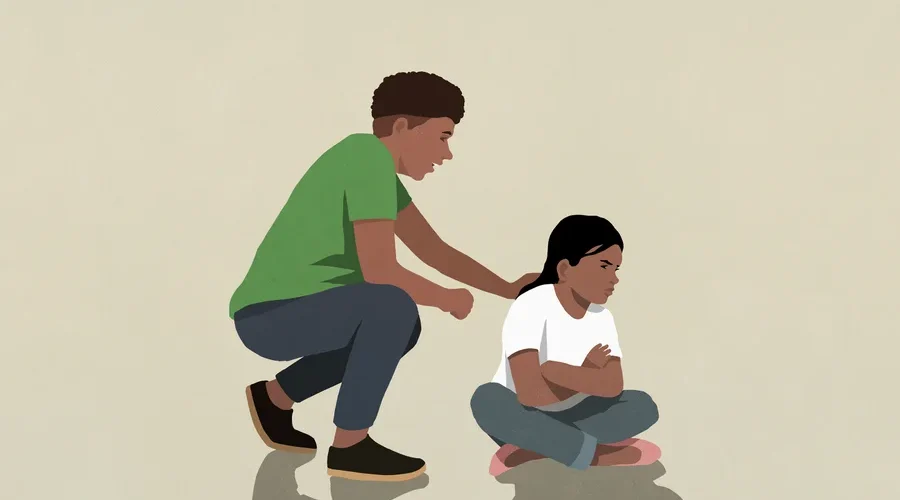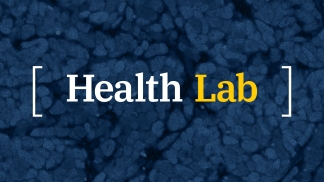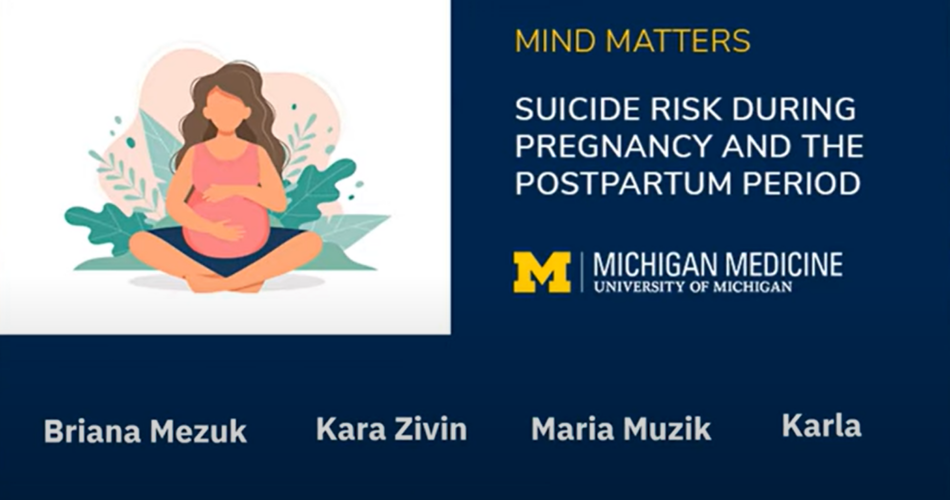Nasuh Malas, M.D., M.P.H., MC3 Emergency Services Clinical Lead, recently authored an article, “Use Summer Break to Build Closer Bonds with Your Children,” published by Scientific American. The article discusses strategies for parents to support the mental health and wellness of their children, particularly during summer break.
Read the full article below.










No Comments |